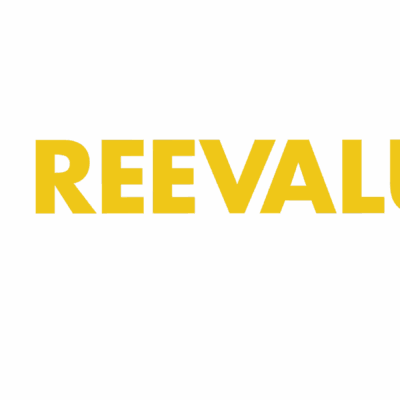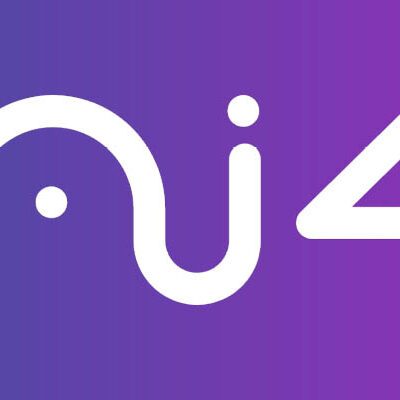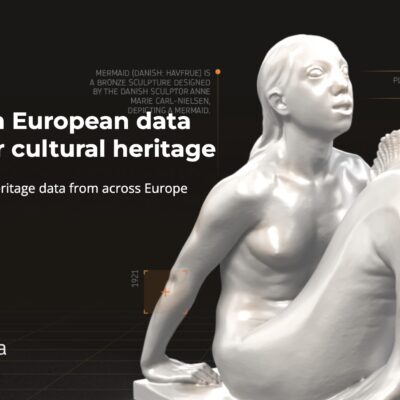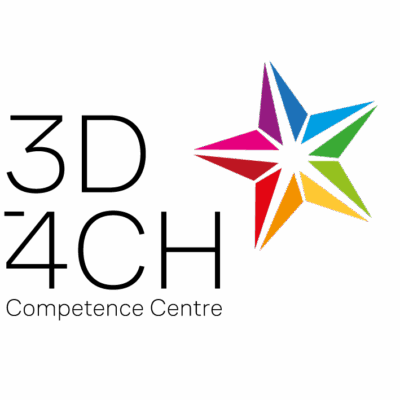
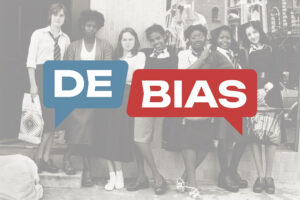
Lately, actions and initiatives have been developed by cultural institutions around the world to investigate language as one of the main sources of imbalance in cultural heritage metadata. The Getty Institute produces guides for correctly cataloguing or re-cataloguing objects with contentious descriptions, and invests on digital projects to address and correct biases. European institutions are also addressing the issue: one important initiative has been undertaken by the National Museum of World Cultures in The Netherlands: the publication Words Matter. An Unfinished Guide to Word Choices in the Cultural Sector – a glossary to help understand why a word can be particularly sensitive to a person or a social group, suggesting alternatives to potentially harmful terms.
These initiatives show how, in cultural heritage, words matter, because they are the first gateway for cultural heritage professionals and documentalists to reconnect heritage with people and provide an interpretation of various objects, all with different provenances and specific biographies. For this to happen, it is vital that expressions of historical injustices and divisions are not only rectified but used as a leverage for generating awareness in the use of language in collection and object descriptions. Managing heritage collections should entail a close look at the language used to categorise and describe artefacts back when they entered the museum or archive, and pointing out occurrences of language that are outdated, biassed or even offensive. It should also entail ensuring that descriptions of historic artefacts, as well as new objects, are meaningful, respectful and (self-)expressive for a contemporary society and citizens with diverse and multicultural backgrounds.
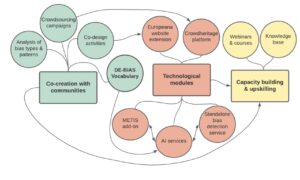
The project DE-BIAS proposes to improve the inclusion and representation in metadata by making existing bias visible, guiding users in understanding the original context of words and providing insights into how they are currently perceived. To do so, the project defined a multilingual vocabulary co-created with marginalised communities, researchers and CH professionals, focussed on three themes: migration and colonial history; gender and sexual identity; ethnicity/ethnoreligious identity; developed and integrated in the Europeana platform an AI-powered tool for the automatic identification of bias in cultural metadata; introduced capacity building activities and materials to foster the understanding and analysis of bias in collections, enabling bottom-up work with communities to improve representation and involvement of people who don’t feel museums speak of or, worse, belong to them.
Within the project, we tested the newly developed tools analysing more than 4.5 million records in five different European languages currently published on Europeana, and automatically detected and flagged item descriptions that contain derogatory language. We have then offered an explanation to why a particular word is derogatory, and presented with alternative current terms, offering a more inclusive user experience.
As leaders of communication and dissemination activities, we at EFHA have been responsible of coordinating editorial content for the DE-BIAS project page on Europeana Pro, and promoting the different outputs of the project on social media, via the hashtag #DeBias. We have been also directly involved in the work with communities, in particular engaging with issues related to gender and sexual identity. We benefited from our network of fashion heritage institutions by reflecting on collections through a co-creation methodology that was implemented to ensure a transparent, safe, and fair collaboration between stakeholders and the DE-BIAS partners.
Project Partners
- Deutsches Filminstitut & Filmmuseum (DE)
- Europeana Foundation (NL)
- Datoptron (GR)
- Michael Culture Association (BE)
- ECCOM (IT)
- ThinkCode (CY)
- KU Leuven (BE)
- European Fashion Heritage Association (IT)
- Archive Portal Europe Foundation (NL)
- The Netherlands Institute for Sound & Vision (NL)
- French Ministry of Culture (FR)
